
By Otto Spijkers
At the moment, I am in New York, doing a short internship at the Office of Legal Affairs of the United Nations. Apart from the work I do for the Office of Legal Affairs, I also have lunch in the cafeteria of the UN Secretariat, and attend some meetings of the Security Council and the General Assembly (of course, I also have plenty of time, after work and in the weekends, to explore New York, one of the most exciting cities in the world, together with a wonderful group of fellow-interns from all four corners of the world). Today (12 February) I went to a debate on children and armed conflict at the Security Council, and another on climate change, at the General Assembly. In the future I will write more substantive posts, but now I just want to give an impression of what it is like to attend these debates. Of course, I keep in mind what happened to my compatriot, mr. Jan Pronk, former Special Representative of the Secretary General of the United Nations in Sudan, who had to step down when the Sudanese government disapproved of some of the things he wrote on his personal blog and labeled him "an unwelcome person" (or in Latin: a ‘persona non grata’). If you work for the UN (even as an intern?), I guess you have to be careful. Continue reading

 By Tobias Thienel
By Tobias Thienel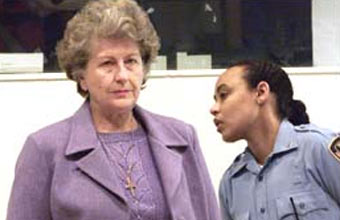 By Björn Elberling
By Björn Elberling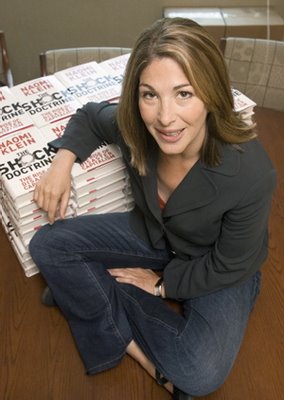 By Nick Li
By Nick Li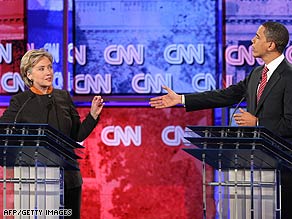 Anyone observing the fireworks during the
Anyone observing the fireworks during the 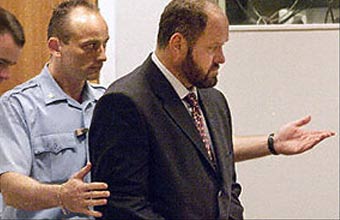 Björn Elberling
Björn Elberling On 6 November 2007, the Dutch Minister of Foreign Affairs, Maxime Verhagen, presented his new policy, entitled A life of human dignity for all: A human rights strategy for foreign policy. An English summary is available
On 6 November 2007, the Dutch Minister of Foreign Affairs, Maxime Verhagen, presented his new policy, entitled A life of human dignity for all: A human rights strategy for foreign policy. An English summary is available 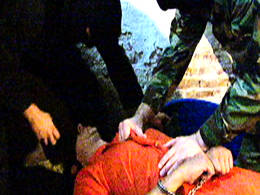
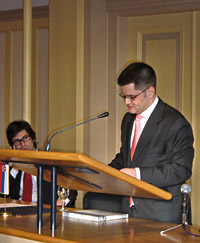 Last week, Mr. Vuk Jeremic, Minister of Foreign Affairs of the Republic of Serbia,
Last week, Mr. Vuk Jeremic, Minister of Foreign Affairs of the Republic of Serbia,